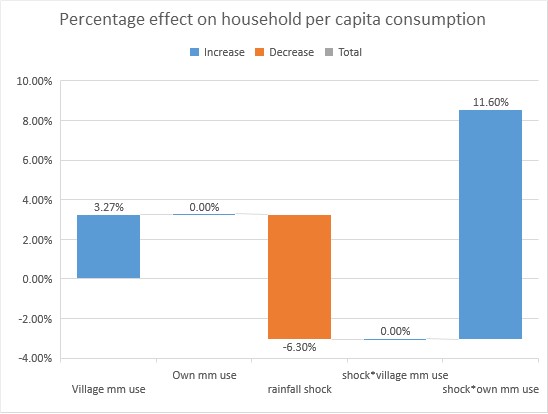Hi all,
So, I’m sitting here with a cold, feeling a little sorry for myself and bemoaning the fact that we seem to have gone from a fairly warm late September to Narnia-style frozen wasteland in the space of 4 days. I thought that would be my major complaint for the week, especially because I was quite happy with this year’s Economics Nobel winners, though not so happy as I was when Angus won last year. Sadly not:
1. Hari Kunzru got it right: “This feels like the lamest Nobel win since they gave it to Obama for not being Bush”. Bob Dylan has won the Nobel Prize in Literature in a move that manages to slap literature in the face while simultaneously kicking music in the groin. That’s quite a feat. Some people think it’s an inspired choice. LitHub makes the case for the dissenters, however. Plenty of people have defended the award on the grounds that Homer wrote for performance (yes, but by the time the Nobel came along, The Iliad was literature and not a song); or that he’s stylistically similar to Tennyson. Call me reactionary (and I can see the progressive case for expanding the bounds of literature), but nothing Dylan ever wrote compares to this.
2. So moving swiftly on to things that make me happy. I mentioned last week that Tim Harford has a new book out. It’s been excerpted in the Guardian, this section focusing on how the use of technology to smooth out the little quirks and inconveniences of life can lead to catastrophic outcomes when it erodes our learned abilities to correct problems on the fly. It’s typically interesting and well-written, though there is a deeper question here, which I wonder if he goes into in the book: are we worse off if we trade of lots and lots of little tiny inconveniences and mistakes for occasional massive catastrophes? The net effect on human welfare isn’t obvious. Related: he’s also made some book recommendations based on his research for Messy.
3. Like many things related to Brexit, financial services passporting is both very important and very complicated. There are ways to make it more comprehensible, but no way to make it completely simple. This Medium article on the importance of passporting and the limits of the workarounds available isn’t exactly simple, but it is more easily understood than virtually any other account I’ve read. [My summary: financial institution which have passporting rights can headquarter anywhere and offer all its services anywhere in the EU. The key thing it affects is where the headquarters are – and this will in turn affect how much tax is paid where, and how strong the linkages with other parts of the economy are. It’s the kind of boring, complicated thing that turns out to be very important.]
4. Australia is sneakily trying to migrate en masse to Europe, albeit very slowly.
5. How do you design policy in a deeply imperfect, very second best world? Nice account of a study that Jishnu Das (everything I’ve seen him present has been interesting, actually) worked on, looking at whether it’s better to train India’s army of ‘fake doctors’ than it is to just try and stop them practicing.
6. This is brilliant, and why it’s so important to look at many polls and not just the ones you want to believe: a single black man who is Trump-leaning may be exerting enough influence in the sample of one major poll of the US Presidential election to swing the overall result of the poll by himself.
7. Branko asks all the big questions – how long can all of our theories about the world survive being contradicted by China? (Just hang on a moment, while I ring up Why Nations Fail).
I leave you, via Adam L, with the words of our new Nobel laureate in literature: “Wiggle wiggle like a bowl of soup, Wiggle wiggle like a rolling hoop”.
Have a great weekend, everyone!
R

